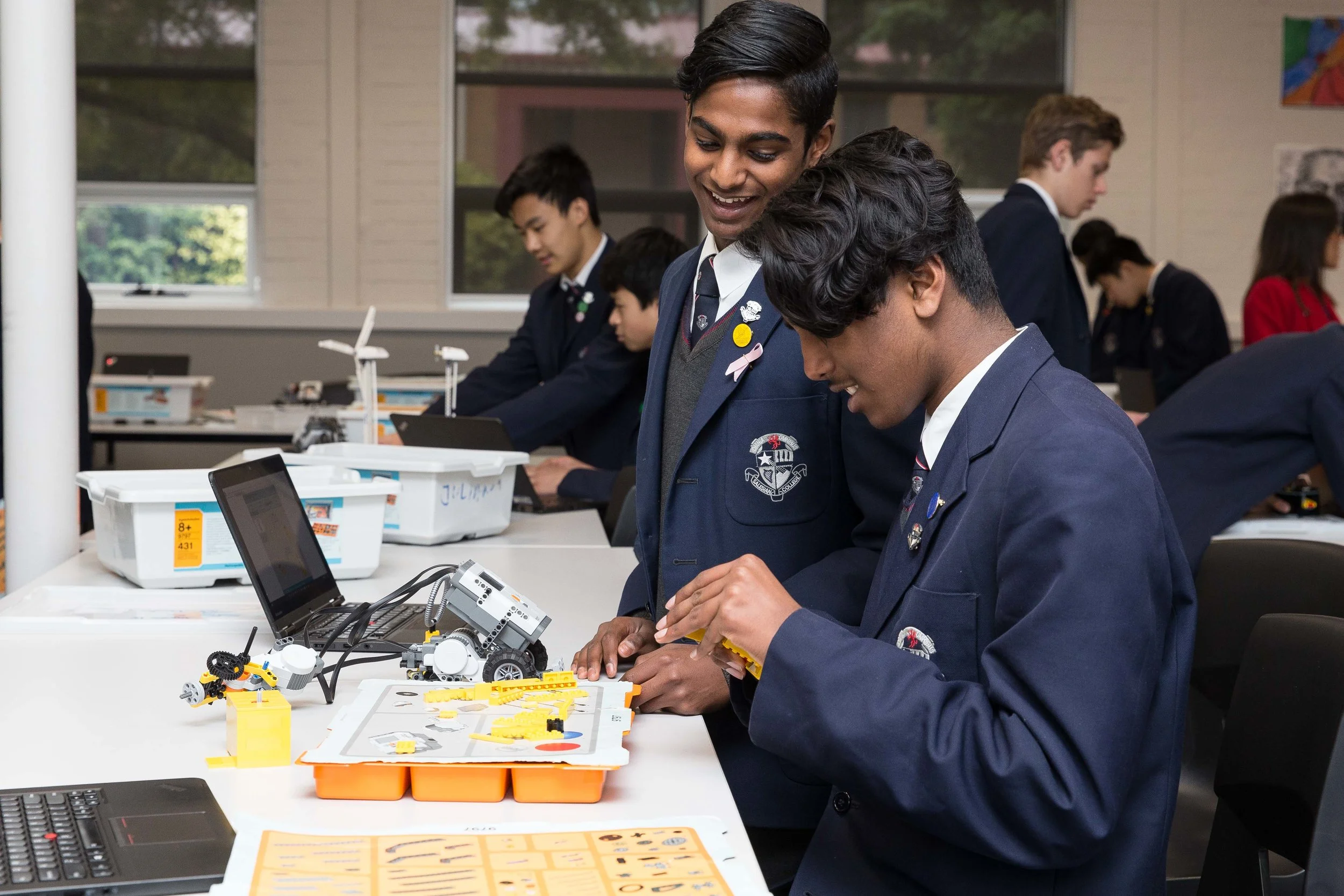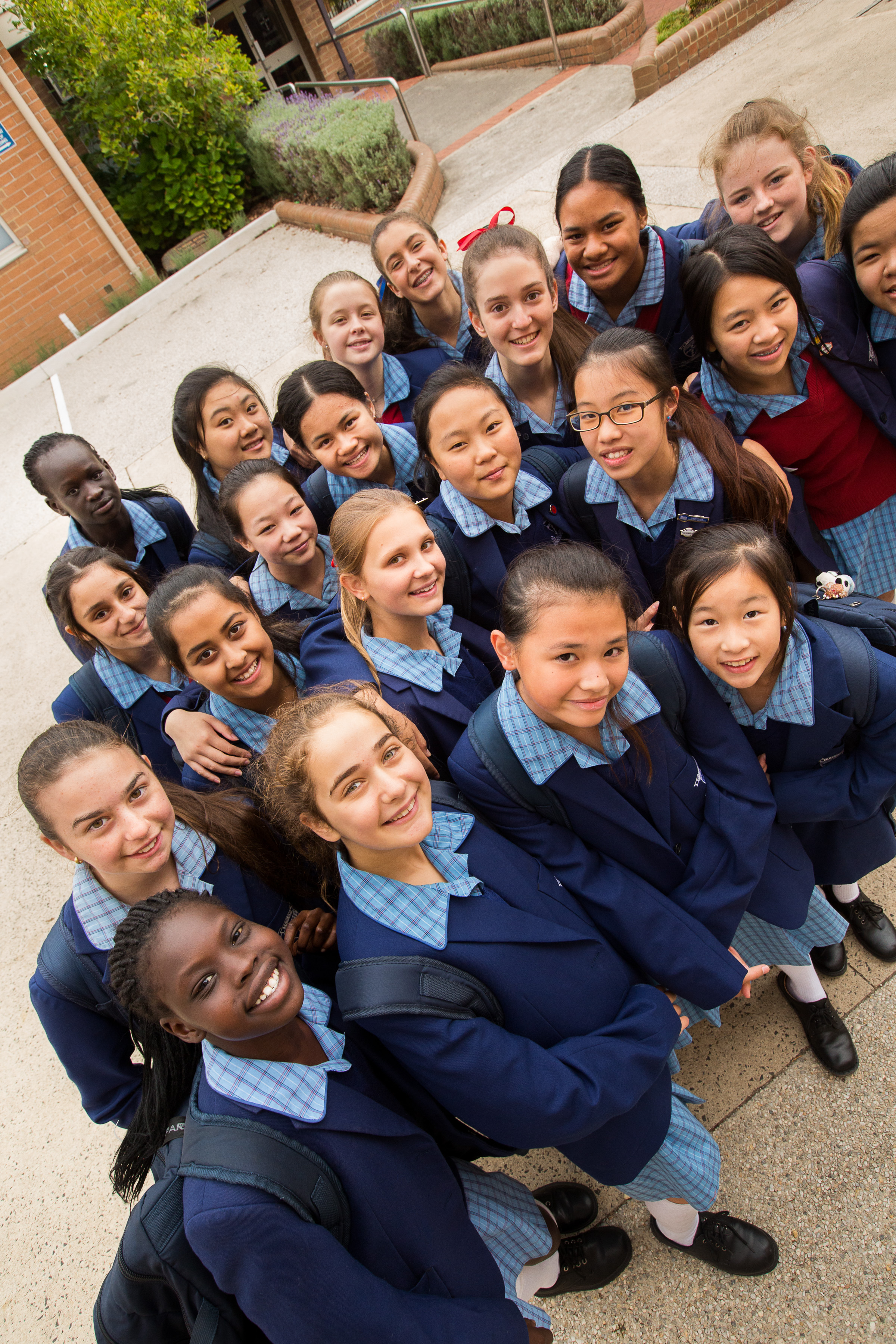Documents
The Catholic Religious Victoria Education Committee believes that the ongoing mission of the Church is one that is shared by all of the People of God. To assist people to respond to this call, the Committee provides materials in the form of Symposiums, Colloquiums, Conferences, publications and audio visual materials that can assist with the formation and induction programme of Governors, Board and Council members.
Faith Formation & Religious Education Work Plan 2015-2017
Introduction
This Work Plan outlines the strategies and processes by which the National Catholic Education Commission will achieve its strategic goal of national collaboration in the area of Faith Formation and Religious Education in 2015-2017 (cf, NCEC Strategic Plan 2015-2017, Goal 1.2).
It has been developed collaboratively by and directs the work of the Faith Formation and Religious Education Standing Committee and the Senior Education Officer – Faith Formation and Religious Education, who leads its implementation.
The Standing Committee recommends this Work Plan to the National Catholic Education Commission and to Bishops Commission for Catholic Education (BCCE) for endorsement. The Work Plan will be updated annually.
Association of Ministerial PJPs Limited
The establishment of the Association of Ministerial PJPs Ltd marked an historic development for the Australian Church in relation to lay ecclesial leadership. The Association is the peak body for the new Australian public juridic persons (PJPs).
The Call To Renewal Of Mission
A Proposal from The Catholic Religious Victoria Education Committee
Annual Reports
2016 Annual Report
Overview
The Committee was established in 2006 with a major intent to establish and maintain lines of communication between the Congregations, newly formed PJPs and all other authorities in Catholic Education in Victoria. The CRV Education Committee acts as a point of referral for all the Religious Institutes and other PJPs that govern secondary schools within Victoria. The CRV Education committee represents 19 Religious Congregations / PJPs responsible for 51 Catholic secondary colleges in Victoria.
2017 Annual Report
Overview
During 2017 the Committee reached out to all Religious Institutes in Victoria who have governance responsibilities in relation to secondary education and invited them to participate in some capacity in the work of the Committee.
The Committee conducted four scheduled meetings and one Extraordinary meeting during the year. In addition, a meeting was held with the Chair of the CECV, Bishop Terry Curtin and a meeting with the Executive Director of Catholic Education, Stephen Elder.
The CRVEd committee invited the key leaders in Catholic secondary education in Victoria to dialogue together in a one-day Colloquium on Catholic secondary education in November. The colloquium titled, ‘Re-imagining a community where hope is engendered’ was a follow up on the 2016 Symposium.
Symposium &Colloquium
Symposium 2016
“Courage to Live the Mission Today”
Summary:
The Catholic Religious Victoria (CRV) Education committee conducted a symposium, “Courage to Live the Mission Today” at the Catholic Leadership Centre on 5 September, 2016. 64 participants, including 2 Directors, representatives of CRV, Board Chairs, Executive Officers of PJPs, Principals of Congregational/PJP and Regional Schools and senior staff from schools and Education Offices throughout Victoria attended.
Colloquium 2017
‘Re-imagining a community where hope is engendered’
PROGRAMME:
Session 1: Developing a Catholic Vision for Education in Changing Contexts
Fr Kevin Lenehan will lead us in exploring key factors influencing religious belonging and identity in Australian society, and implications for the Catholic mission of educating for integral development of human persons and society.
Session 2: Mission Leadership facilitated by David Hall FMS
Dialogue on the core mission of a Catholic Secondary School.
Session 3: Hope facilitated by Br David Hall FMS.
‘As we read the signs of the times what changes are needed?’
Colloquium Outcomes
What We Need To Do
We need to:-
1. Use existing structures, or devise new ones, to enable Catholic Education to move to another place and to answer the call of the Gospel to respect the unique dignity of each human person by serving the common good and addressing the core societal structures that cause exclusion, inequality and injustice.
2. Provide a space/forum for leaders and governors in all of Catholic education to participate fully in ongoing dialogue and genuine consultation about possibilities for the future.
A strong active network!
Dialogue on issues of concern that have been raised.
Active and intentional pathways for collaboration across different governing bodies.
There is strength in diversity.
Active and intentional pathways for collaboration across different governing bodies.
Governing bodies to make public statements on the core mission of Catholic education and the abuses of the dignity of the human person.
3. Clarify what mission leadership and governance is.
The Centrality of mission
Where is the focus?
Importance of understanding broad socialisation and cultural context in challenges and opportunities for leadership and governance.
Clarify what mission inspired governance
means
how it is done
what it looks like
Where does leadership and governance lie in the Church?
4. Facilitate the capacity of governors, trustees, principals and staff to live out the mission of the Catholic school through Gospel orientated formation.
To fulfil their purpose of a True Inclusion, formation programmes geared towards education to fraternal humanism aim at opening up progressively wider horizons of the common good, so as to embrace the entire human family.
Discourse between leaders/governors and the universities regarding ongoing formation of staff.
Matching skill, ability, propensity, disposition to need.
Involving young people in our Boards and as Trustees by inviting people at the stage where we are.
5. A more formal recognition and mechanism of lay voice in the governance of each Diocese.
Leadership of the Church needs to be open to presenting a more nuanced view of our faith, especially with respect to sexuality, to help support the positive pastoral local initiatives that promote integral human development.
Develop a language of faith that makes sense of a person’s world view (expanding universe etc.)
With the Plenary Council, what opportunities are there for Catholic education to do something about dialogue between the leaders and governors in education?
In preparation for 2020 Plenary Council, have gatherings for people in our school communities.
Articles
Five key challenges for leadership in Catholic schools for 21st century
- Kevin Treston
This paper has identified and briefly discussed five contemporary challenges for leadership in Catholic schools for the 21st century.
These five challenges are currently being considered by Catholic school authorities with varying degrees of concern.
However the question remains as to how effectively are the five challenges named and addressed with appropriate planning and courageous implementation.
The Ministry of Governance
Developing the theological competencies to steward the mission
INTERVIEW
Pope Francis: “The danger is that in times of crisis we look for a savior”
Congregation for Catholic Education - Educating to Fraternal Humanism
Guidelines
















